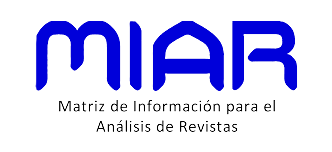Zašto nam je teško usvojiti engleske složene imenice / Why We Struggle with the Acquisition of English Nominal Compounds
nekoliko zapažanja iz teorije i prakse / a Few Remarks from Theory and Practice
DOI:
https://doi.org/10.46352/23036990.2021.130Keywords:
compounding, nominal compounds, translation equivalents, mother tongue, productivityAbstract
The paper deals with the problem of poor acquisition of English nominal compounds in EFL university students who are native speakers of Bosnian/Croatian/Serbian (BCS). The problem was tackled by a brief comparison of noun morphology and declension suffixes in English and BCS, the introduction of negative transfer in the process of foreign language acquisition, and the analysis of BCS translation equivalents. The discussion revealed that the productivity of compounding largely depends on the complexity of noun morphology. Put simply, the more complex noun morphology is, the less productive compounding will be. In addition, the analysis of the translation equivalents also highlighted that a vast majority of problems related to poor acquisition of English nominal compounds stems from the fact that EFL learners usually translate L1 phrases word-forword into L2. Finally, it was pointed out that teaching English nominal compounds to EFL learners could be improved by tailored-made instructions provided in L1.
Downloads
Downloads
Published
How to Cite
Issue
Section
License
Copyright (c) 2021 Melisa Okicic

This work is licensed under a Creative Commons Attribution-NonCommercial-ShareAlike 4.0 International License.
.















